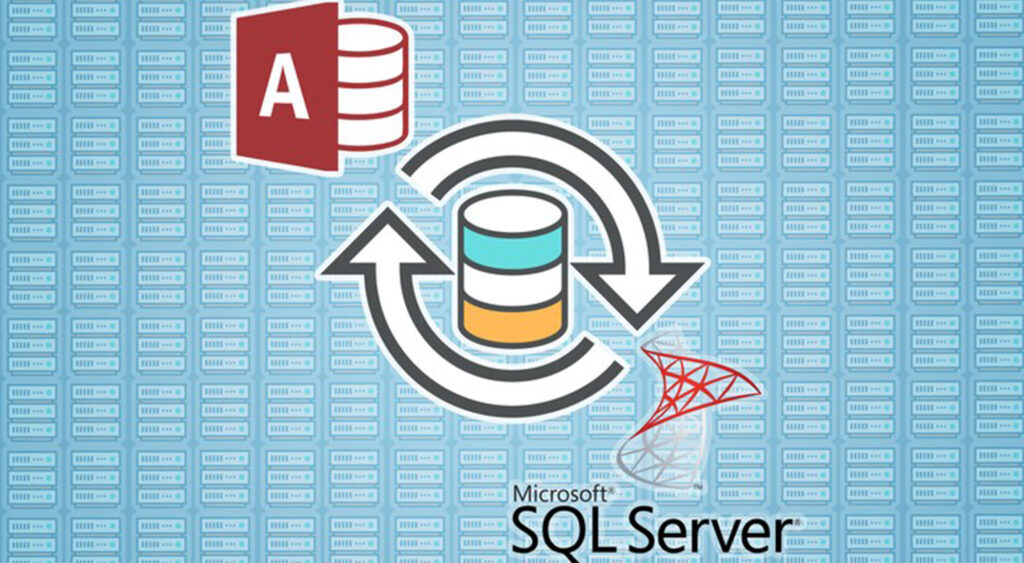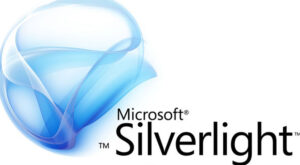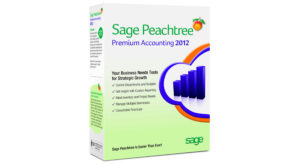
The realm of database management is marked by two prominent Microsoft products: Microsoft SQL Server and Microsoft Access. Both these systems catered to the database needs of various users, but they differed significantly in terms of functionality, performance, and scalability. In this article, we will explore the comparison between MS SQL Server and Microsoft Access to help you make an informed decision about which database solution suits your needs.
Microsoft SQL Server
Microsoft SQL Server is always been a robust, enterprise-level relational database management system (RDBMS). In 2004, it already a mature and powerful platform for handling data.
Key Features of MS SQL Server:
- Scalability: SQL Server was designed for large-scale data storage and management, making it the ideal choice for organizations with substantial data requirements.
- Reliability: SQL Server is known for its stability and data integrity. It could handle high-transaction environments with ease.
- Advanced Security: SQL Server offering extensive security features, including user authentication, encryption, and access controls, making it suitable for applications that required strong data protection.
- Performance: With features like query optimization, indexing, and stored procedures, SQL Server provided excellent performance for complex database operations.
- Integration: SQL Server seamlessly integrated with other Microsoft technologies, such as .NET Framework and Visual Studio, for developing comprehensive applications.
Microsoft Access
Microsoft Access, on the other hand, is a database management system designed for smaller-scale applications. It is a popular choice among individual users and small businesses due to its ease of use and affordability.
Key Features of Microsoft Access:
- Ease of Use: Access offered a user-friendly, graphical interface that made it accessible to users without extensive database knowledge.
- Affordability: It it a cost-effective solution, making it suitable for small businesses and individuals with limited budgets.
- Rapid Application Development: Access is known for its ability to quickly develop database applications, which is ideal for prototyping and smaller projects.
- Desktop Applications: It is primarily used for creating desktop applications, providing a simplified way to manage data and build simple applications.
- Limited Scalability: Access have limitations in terms of data storage and concurrent user support, making it unsuitable for large, data-intensive applications.
Comparing MS SQL Server and Microsoft Access
- Scalability: SQL Server is designed for scalability, accommodating large datasets and handling multiple concurrent users. Access, however, is better suited for smaller, single-user applications.
- Performance: SQL Server outperformed Access, especially for complex data operations and large databases. Access was better for simpler, smaller-scale tasks.
- Security: SQL Server offering advanced security features, while Access have more limited security options.
- Development: Access is lauded for its rapid application development capabilities, allowing users to create simple applications quickly. SQL Server required more time and expertise for application development.
- Cost: Access is the more cost-effective option for smaller projects, whereas SQL Server required a more substantial investment.
- Integration: SQL Server provided deeper integration with other Microsoft technologies, making it the preferred choice for larger enterprise applications.
Conclusion
The choice between Microsoft SQL Server and Microsoft Access depended on the specific requirements of the database project. SQL Server is the clear choice for organizations with significant data storage and scalability needs. It excelled in performance, security, and integration with other Microsoft technologies. Access, on the other hand, is the go-to solution for smaller-scale projects, offering ease of use and affordability.
Ultimately, the decision between MS SQL Server and Microsoft Access hinged on factors like project size, budget, and the complexity of the application. Both solutions have their unique strengths, and choosing the right one required a careful evaluation of the specific needs of the database project.



